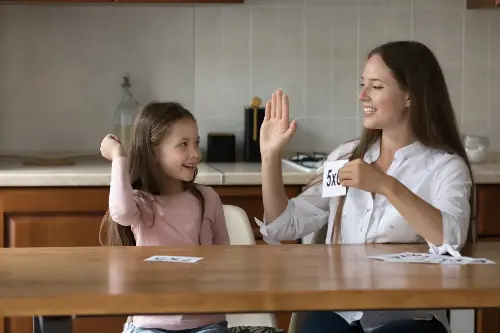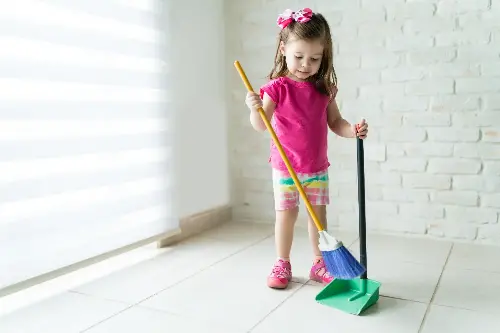Parenting is arguably one of the most challenging roles anyone can take on, and handling discipline effectively is a crucial aspect of raising children who are respectful, responsible, and cooperative. While power struggles can be a common part of the parenting journey, they do not have to be inevitable or insurmountable. Here are five proven discipline strategies that can help parents navigate challenging behaviour and foster a nurturing environment where children learn to respect boundaries and cooperate without the need for coercion.

Understanding and Empathy
It begins with understanding the world from your child's perspective. Children often act out because they are unable to express their emotions or needs effectively. Instead of responding to misbehaviour with immediate punitive measures, take a moment to empathise with your child's situation. Acknowledge their feelings and show them that you understand their frustrations or desires.
For example, if a child throws a toy after losing a game, instead of reprimanding them for the action, you might say, "I see that you're upset about the game. It can be really tough to lose sometimes." This acknowledges their emotional state and opens the door for a conversation about appropriate ways to handle disappointment.
Consistent and Clear Boundaries
Children thrive on consistency and clarity. Establishing and maintaining clear boundaries is vital to effective discipline. Parents and caregivers should communicate these boundaries to children in ways that are simple and understandable.
Boundaries should be consistent, meaning the same rules apply no matter the time, place, or person involved. Consistency gives children a sense of security because they know what to expect and what is expected of them. When setting limits, explain the reasoning behind them, so children understand that rules are there not to restrict them, but to keep them safe and help them learn socially appropriate behaviour.

Positive Reinforcement
Positive reinforcement is a strategy based on rewarding the behaviour you want to see more of, instead of focusing on punishing undesirable behaviour. This approach encourages children to replicate good behaviour because it is positively acknowledged and rewarded.
Rewards can come in various forms, such as verbal praise, extra playtime, or a small token. Most importantly, the reinforcement should be immediate and directly connected to the desired behaviour. Acknowledging and celebrating successes, even small ones, empowers children to keep striving for good behaviour.
Natural and Logical Consequences
Natural and logical consequences are discipline techniques that allow children to learn from the natural outcomes of their actions. A natural consequence is what would happen without any intervention, while a logical consequence is one imposed by a parent but related to the misbehaviour.
For instance, if a child refuses to put on a coat before going outside and then feels cold, experiencing the chill is the natural consequence. If a child is drawing on the walls, the logical consequence might be to help clean the walls and then lose the privilege of using those art supplies for a period of time.

Communication and Problem-Solving Skills
Teaching children how to communicate effectively and solve problems is key to avoiding power struggles. When children feel heard and are able to articulate their thoughts and feelings, they are less likely to act out in negative ways.
Encourage children to express themselves and listen without interrupting. Validate their feelings and help them to identify solutions to problems. For example, if siblings are fighting over a toy, step in to facilitate a discussion on sharing or taking turns. This teaches children important life skills like negotiation and empathy.
Conclusion
Addressing misbehaviour doesn’t have to result in a battle of wills between parent and child. By employing these five strategies – understanding and empathy, consistent and clear boundaries, positive reinforcement, natural and logical consequences, and building communication and problem-solving skills – parents can help children learn to regulate their behaviour and contribute to a more peaceful, respectful, and cooperative family dynamic.
In the grand scheme of things, discipline is not about control but about guidance. It’s about teaching children how to make good choices and understand the consequences of their actions. It’s about raising individuals who respect themselves and others. And with these strategies in hand, parents can feel more equipped to handle the ups and downs of parenting, leaving behind those draining power struggles for a more harmonious home.
